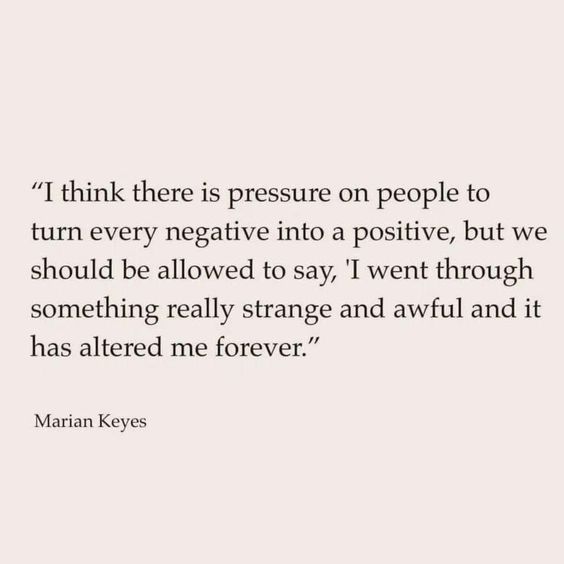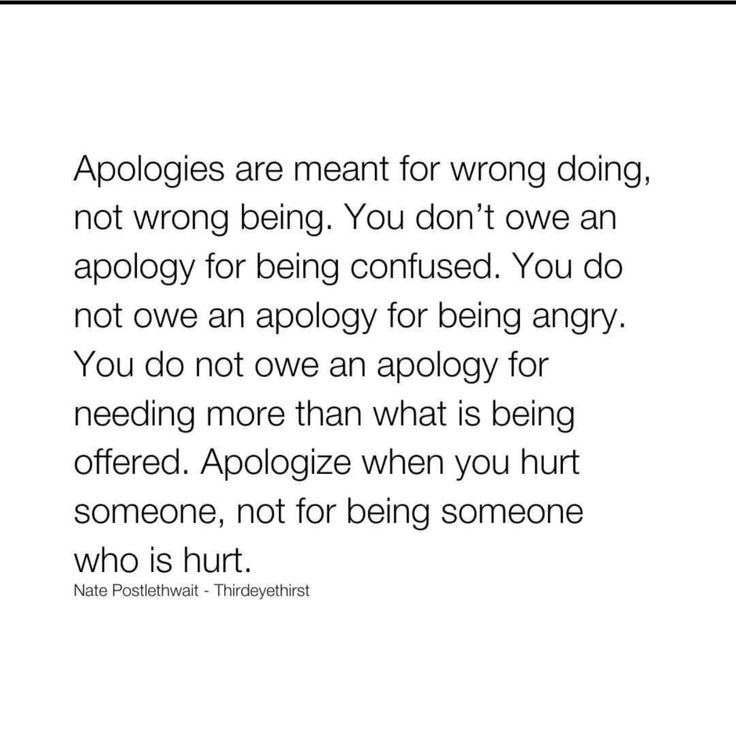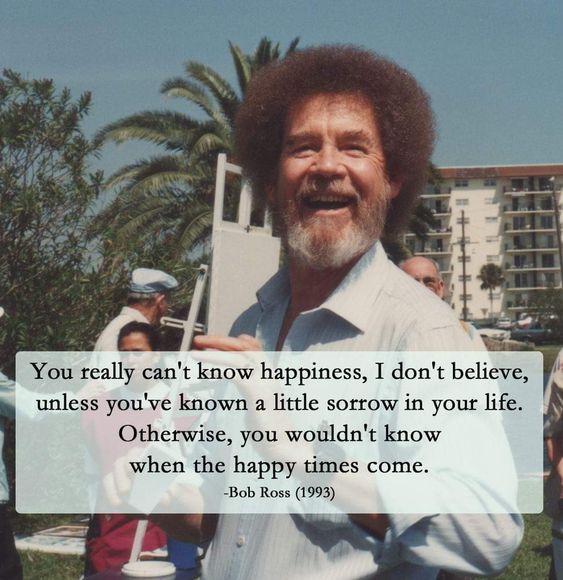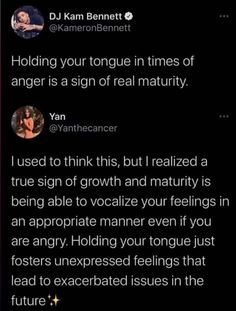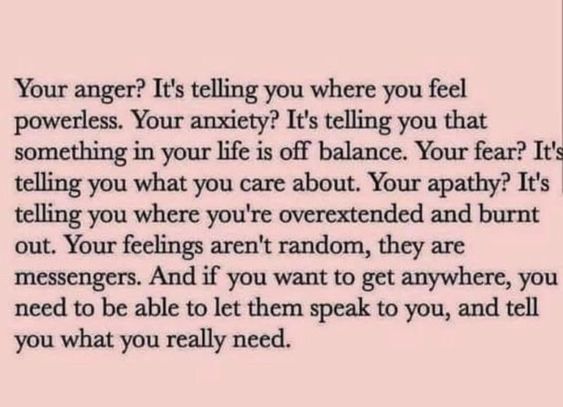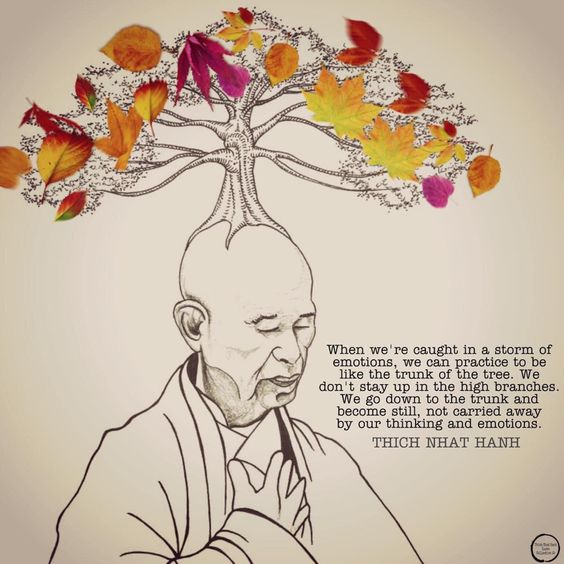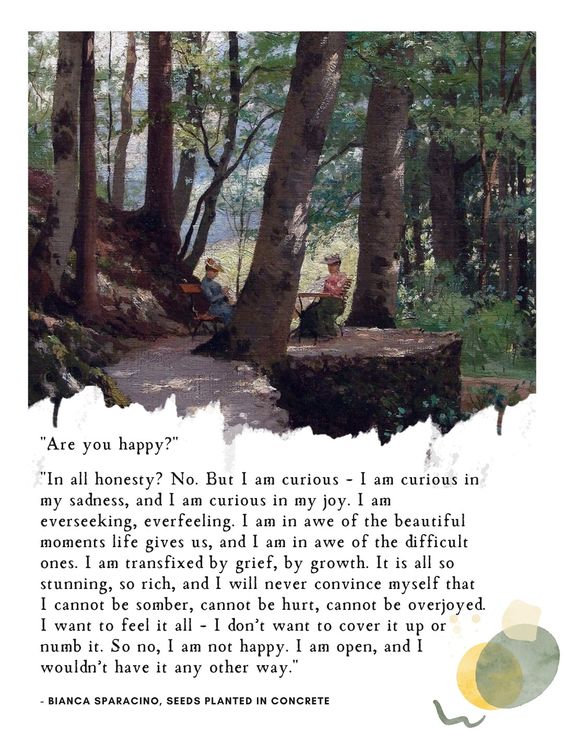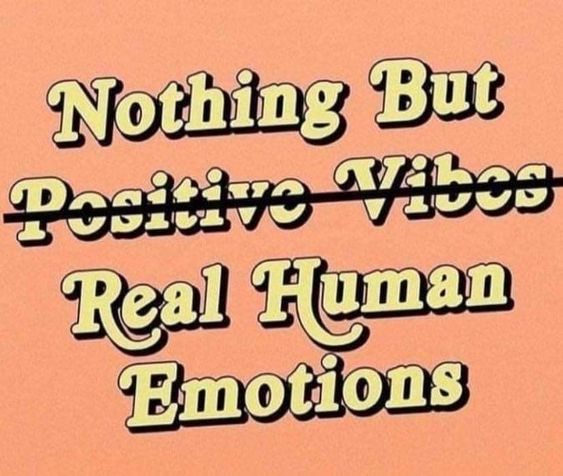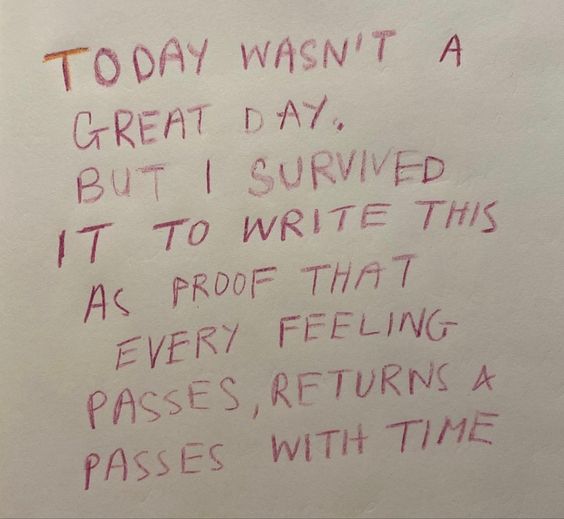“The deeper that sorrow carves into your being, the more joy you can contain.”
Kahlil Gibran, The Prophet (Page 27)
“False happiness [is] even worse than real sadness, because at least in that sadness there is a reality. If you are sad—but truly and sincerely sad—that sadness will enrich you. It gives you a depth, an insight. It makes you aware of life and its infinite possibilities and of the limits of the human mind, the smallness of human consciousness encountering the infinity all around, the fragile life always surrounded by death. When you are really sad you become aware of all these things. You become aware that life is not just life—it is death too.”
Osho, Everyday Osho (Page 217)
“If life is fair, and it will be, it will serve you immeasurable beauties, joys and pleasures—you will feel at times that you do not have the capacity to take them in. You will. Our hearts they are boundless. If life is fair, and it will be, it will bring you huge, merciless sorrows. Devastations of your boundless heart. I wish for you the grace to persevere and accept them across time, for that is the only way these kinds of things can be taken in. A wise and articulate student once told me that struggle is vital. For all of the mundane days in between joy and sorrow? Persevere.”
Dan Weiss | Read Matt’s Blog on this Quote ➜
“We can’t visit every place or meet every person or do every job, yet most of what we’d feel in any life is still available. We don’t have to play every game to know what winning feels like. We don’t have to hear every piece of music in the world to understand music. We don’t have to have tried every variety of grape from every vineyard to know the pleasure of wine. Love and laughter and fear and pain are universal currencies. We just have to close our eyes and savour the taste of the drink in front of us and listen to the song as it plays. We are as completely and utterly alive as we are in any other life and have access to the same emotional spectrum. We only need to be one person. We only need to feel one existence. We don’t have to do everything in order to be everything, because we are already infinite. While we are alive we always contain a future of multifarious possibility.”
Matt Haig, The Midnight Library (Page 277)
“It would have made things a lot easier if we understood there was no way of living that can immunise you against sadness. And that sadness is intrinsically part of the fabric of happiness. You can’t have one without the other. Of course, they come in different degrees and quantities. But there is no life where you can be in a state of sheer happiness forever. And imagining there is just breeds more unhappiness in the life you’re in.”
Matt Haig, The Midnight Library (Page 179)
“Violence, sexism, and general nastiness are biological since they represent one subset of a possible range of behaviors. But peacefulness, equality and kindness are just as biological—and we may see their influence increase if we can create social structures that permit them to flourish.”
Stephen Jay Gould, via Graceful (Page 14)
“Sadness is ugly because of our rejection of it; it is not ugly in itself. Once you accept it, you will see how beautiful it is, how relaxing, how calm and quiet, how silent. It has something to give that happiness can never give. Sadness gives depth.”
Osho, Everyday Osho (Page 167)
“It is only when you live with something intimately that you begin to understand it. But the moment you get used to it—get used to your own anxiety or envy or whatever it is—you are no longer living with it. If you live by a river, after a few days you do not hear the sound of the water anymore, or if you have a picture in the room which you see every day you lose it after a week. It is the same with the mountains, the valleys, the trees—the same with your family, your husband, your wife. But to live with something like jealousy, envy or anxiety you must never get used to it, never accept it. You must care for it as you would care for a newly planted tree, protect it against the sun, against the storm. You must care for it, not condemn it or justify it.”
J. Krishnamurti, Freedom From The Known (Page 70)
“The wider the range of feelings we can regulate—if we can manage the frustration, disappointment, envy and sadness—the more space we have to cultivate happiness. Regulating our emotions essentially develops a cushion around those feelings, softening them and preventing them from consuming the entire jar. Regulation first, happiness second.”
Dr. Becky Kennedy
“Adults whose childhood were focused mainly on happiness, are not only unprepared for tough moments, they experience more discomfort in those tough moments because deep down, they think they’re doing something wrong if they can’t ‘find the happy’ and get themselves to a ‘better place.’”
Dr. Becky Kennedy
“Along the way, like everyone else, I must bear my burdens. But I do not intend to bear them graciously, nor in silence. I will take my sadness and as I can I will make it sing. In this way when others hear my song, they may resonate and respond out of the depths of their own feelings.”
Sheldon B. Kopp, If You Meet Buddha On The Road, Kill Him! (Page 214)
